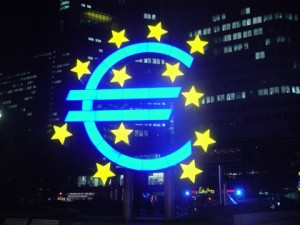
The Eurozone Council: are we a step closer to a European Government?
When in 1992 the decision to provide Europe with the single currency was adopted, voices were raised claiming that it may be difficult to have a monetary union without a political union. This is considered to be particularly the case on occasion of “asymmetric shocks” which may hit weaker “peripheral economies” in a monetary union, but not stronger “core ones”. The Eurozone, even at its infancy, has never constituted an Optimal Currency Area, but at a time of relative economic growth the Stability and Growth Pact (SGP) was by most considered as a sufficient tool to secure the sustainability of the single currency. However, the economic crisis of the early 2000s and the current “Euro crisis” have proved the opposite. …
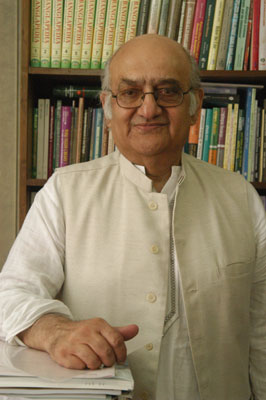
Challenging the Injustice of Poverty: a Conversation with Rehman Sobhan
Last week, Professor Rehman Sobhan, Chairman of the Center for Policy Dialogue in Dhaka, Bangladesh, visited the UN Development Programme in New York City to discuss his most recent book. I had the opportunity to speak with Professor Sobhan about the motivation behind his work and learn about the years of field research that preceded it. Challenging the Injustice of Poverty: Operationalizing an Agenda for Inclusive Development Across Southeast Asia is a culmination of Professor Sobhan’s efforts to understand the roots of economic exclusion across 5 countries over the past 4 years. At its core is Sobhan’s uncompromising insistence on identifying the source, as opposed to merely addressing the symptoms of poverty. According to Sobhan, poverty is not a social …
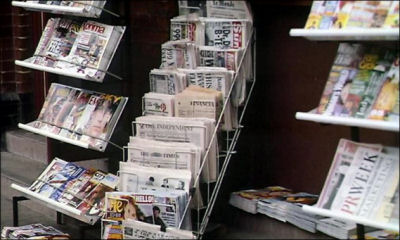
News Media: Outside America, the future is much brighter
In the US debate over news there is an assumption among many that the Internet is killing news organisations. People point to the worrying figures about the numbers of journalists that have been laid off (with net newsroom employment down by more than 10,000 since 2007), the difficulties facing city and state newspapers, and to the dramatic decline of ad revenues. There’s no denying that these developments are worrying. But focussing on the US picture only tells a very partial part of the story about the relation between the news industry and the internet. The recent book that we produced at the Reuters Institute on The Changing Business of Journalism and its Implications for Democracy reveals that the US newspaper …
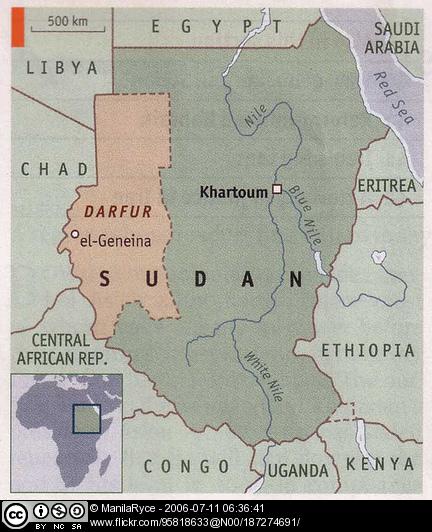
China and India in Sudan: an Uncertain Relationship
On June 21, at the Manor Road Building, Oxford University, Daniel Large and Luke Patey discussed the role of China and India in Sudan’s oil sector. This industry is of particular interest today, as on the 9th of July the country will split into Northern Sudan and Southern Sudan. The recent border clashes illustrate the lack of agreement between the two sides about the sharing of oil revenues. The two speakers situate this issue within an international context by contrasting the involvement of China and India and discussing the long-term prospects of Sudan’s oil industry, among other interesting questions. China’s involvement in Africa has become a hot topic in media and political discussions. This has concealed that of other Asian …
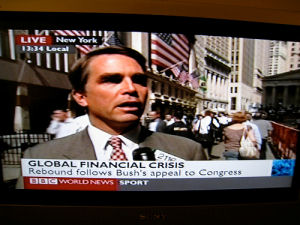
Nation States, Capitalism and the Crisis
Numerous questions pose themselves for political economists about the crisis – enough (never waste a good crisis) to keep PhDs engaged for a generation. But in my view there are two big picture questions which modern comparative political economy needs to answer. One is why the epicentre of the crisis was in Wall Street and the City of London. The other is this: the crisis occurred as a result of failures in the main regulatory frameworks – the financial and the macroeconomic – which govern much of the workings of advanced economies. Why, in sharp contrast to the 1930s, have these frameworks changed little since the crisis? These questions raise major issues for our understanding of modern capitalism and its …
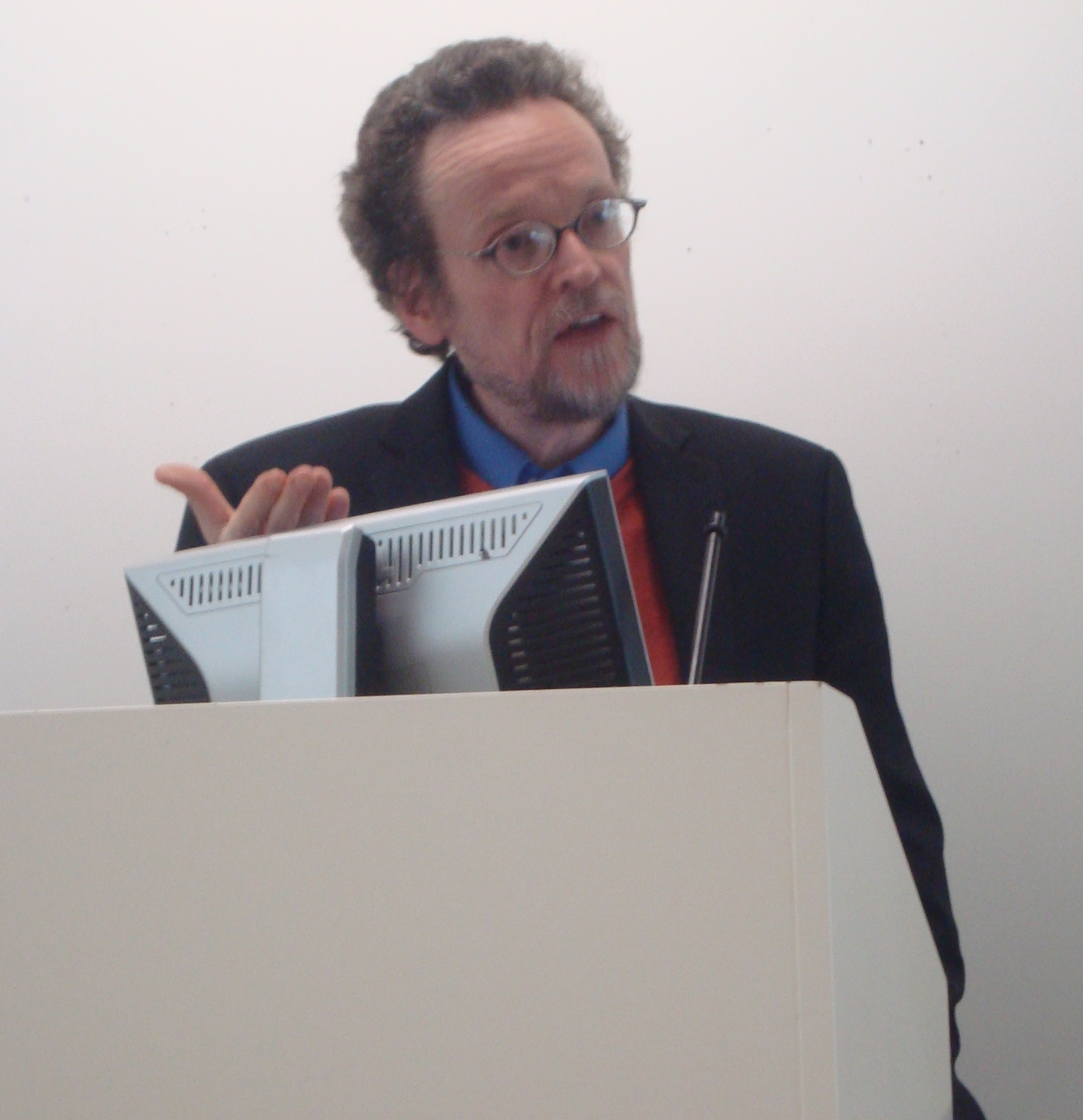
Thomas Pogge on “Globalization, Inequality and the State” Lessons from the International Financial Playground
A few weeks ago I had the opportunity to attend a talk given by Mike Bonnano, one of the Yes Men (self-proclaimed social justice pranksters famous for impersonating the CEOs of Dow Chemical, General Electric and similar corporate giants in the international media). Bonnano spoke about the need for a “post-ideological revolution” in which we rethink the existing inequalities in income and opportunity and return to the values we all learned when we were children: simple ideas such as sharing, respecting others, and fairness. These words stuck with me, and retained their salience as I listened, a week later, to Dr. Thomas Pogge speak on the topic of “Globalization, Inequality and the State.” Dr. Pogge is a renowned expert on …
Adam Smith, political theorist?!
On March 13th, 2007, the Bank of England issued a new series of bank notes. On the £20 note Adam Smith, the Scottish founder of the discipline of economics, replaced the composer Edward Elgar. If portraits on bank notes tell us anything about the spirit of their time, this seems to be a case in point. Smith’s portrait seems appropriate for a period in which the optimism about efficient free markets had reached a peak. But the cliché of who Adam Smith is, and the 18th-century scholar whom one encounters when turning to his writings in their entirety, are at a considerable distance. Of course it would be foolish to deny that Smith was an economist, if only because defining …









